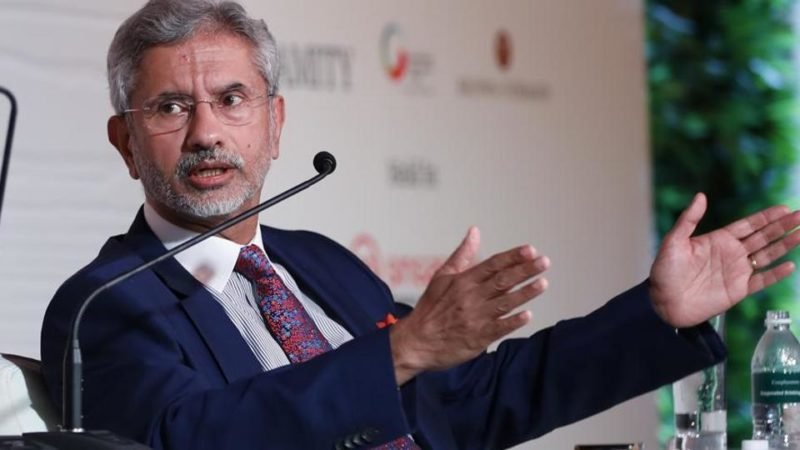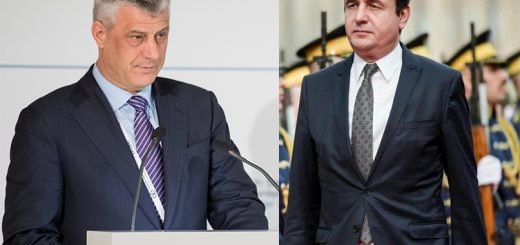Indian EAM’s visit to Serbia: What you need to know?

Where is Serbia?
Serbia is a European nation at the crossroads of Central and Southeast Europe. This former Yugoslavian country has a population of 7.2 million people

Why Sudden Interest in Serbia?
Indian External Affairs is visiting Serbia on the invitation of First Deputy Prime Minister and Minister of Foreign Affairs of Serbia – Ivica Dacic. During the visit, Dr Jaishankar apart from holding bilateral delegation-level talks with his counterpart will meet President of Serbia and President of Serbian National Assembly (Speaker).
Serbia is a small country with a growing economy. It ranks at 48th place in ease of doing business. According to the World Bank report, Serbia’s ease of doing business score improved from 73.32 in Doing Business 2018 to 73.49 in Doing Business 2019.
Eastern Europe has always been considered a potential market, and Indian engagement in the reason is minimal, with an ally like Serbia, New Delhi can connect well with the Balkan region.
What can India gain?
India-Serbia bilateral trade during January-December 2018 amounted to $214.8 million, an increase of 8.2% compared to the same period in 2017, with Indian exports to Serbia valued at $202.6 million and Serbian exports to India at $12.2 million.
However, this trade is having a marginal value if seen with respect to China, Beijing’s trade with Serbia has been tripled between 2005 and 2016. Currently, it stands at a whopping $1.6 billion. However, in this trade relation, trade margin is relationship: China exports $1 billion in goods, whereas Serbia exports $1 million of goods to China. Investments are rising because the Belgrade government is able to move quickly as a non-EU member.
India can enhance trade and investments with Serbia. It can be a strategic point to penetrate the Eastern Europe market.
High-Level Visits
Till now, no Indian head of state visited Serbia, there have been only MoS-level visits since the establishment of diplomatic relations between the two countries.
On the other hand, Chinese president Xi Jinping visited Serbia in 2018 and both the countries agreed on a $3 billion package of economic investments and military purchases which will further boost Chinese influence in Serbia.
Challenges from the Dragon

China is playing an increasingly active role in Serbia, as part of its expansion in Central and Eastern Europe.
A non-EU member, Serbia claims to have become one of China’s best friends in Europe. Beijing has engaged in a number of massive projects in the Balkans, although the most high-profile one, the Belgrade-Budapest high-speed railway, has failed to materialize so far.
“Just as Serbia supports the one-China policy, China supports Serbia as its best and most stable friend in southeastern Europe,” Serbian Deputy Prime Minister Bozidar Delic said in Beijing in 2009.
Diaspora
According to Indian Embassy at Belgrade, “There is practically no Indian community in Serbia”
On the other hand, it is hard not to notice the Chinese presence in Belgrade. First, there are more Chinese nationals in the Serbian capital than in most European cities. Many are tourists, businessmen, or employees of major Chinese companies, such as Huawei, a semi-private Chinese company with a very visible presence in Belgrade (as in other countries, it has been supplying equipment to government entities), or the Bank of China, which has opened a representative office there.
What’s special?
The unanimous UNGA resolution admitting the FRY into the UN on November 1, 2000, was co-sponsored by 70 member-countries including India. India and Serbia have since developed a good track record of cooperation in multilateral fora in terms of mutual support and reciprocal arrangements for elections in multilateral bodies. Serbia supported India’s candidature for a non-permanent seat in the Security Council in 2011-12. India has also extended support to Serbia on the Kosovo issue whenever the matter came up at the United Nations.


















